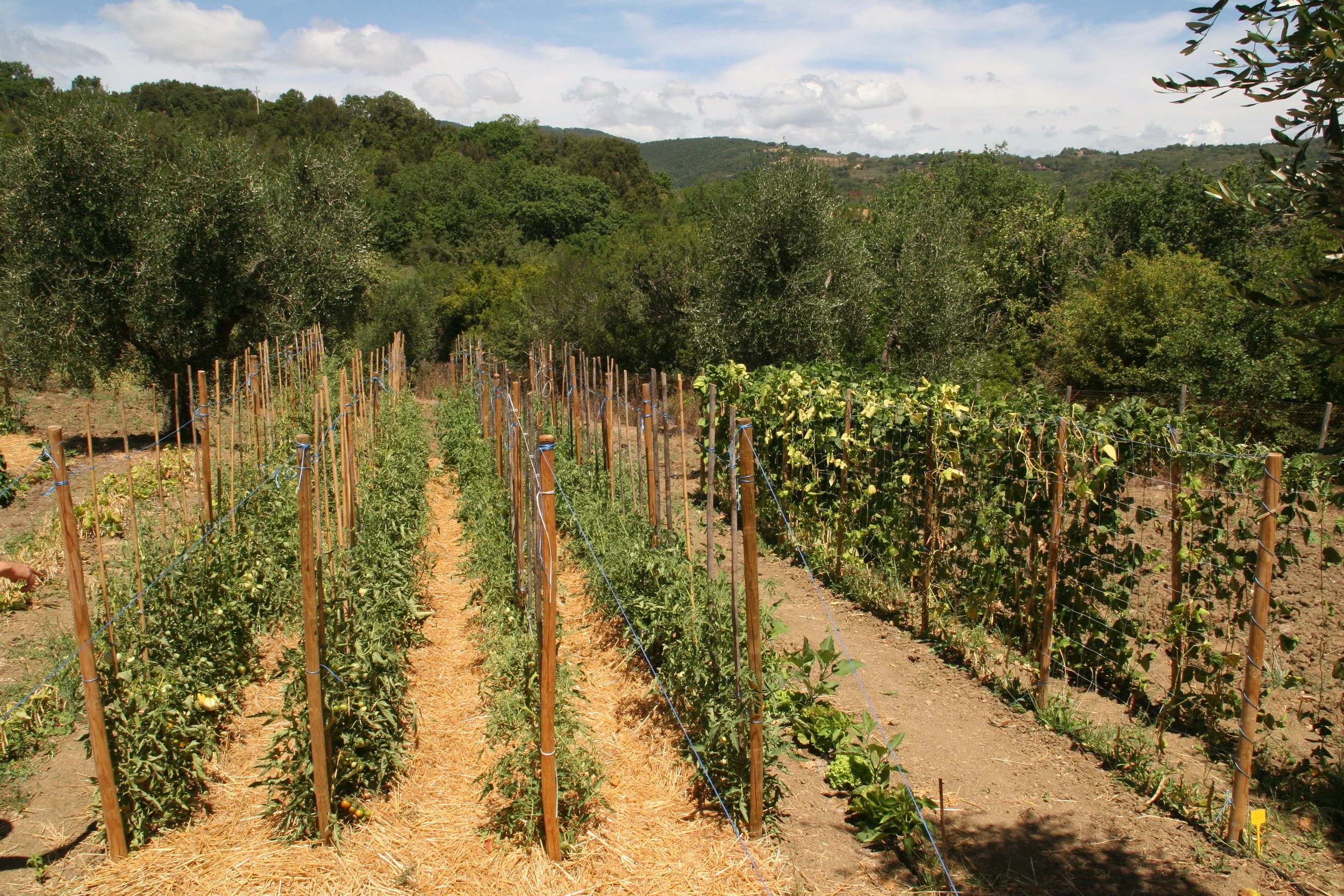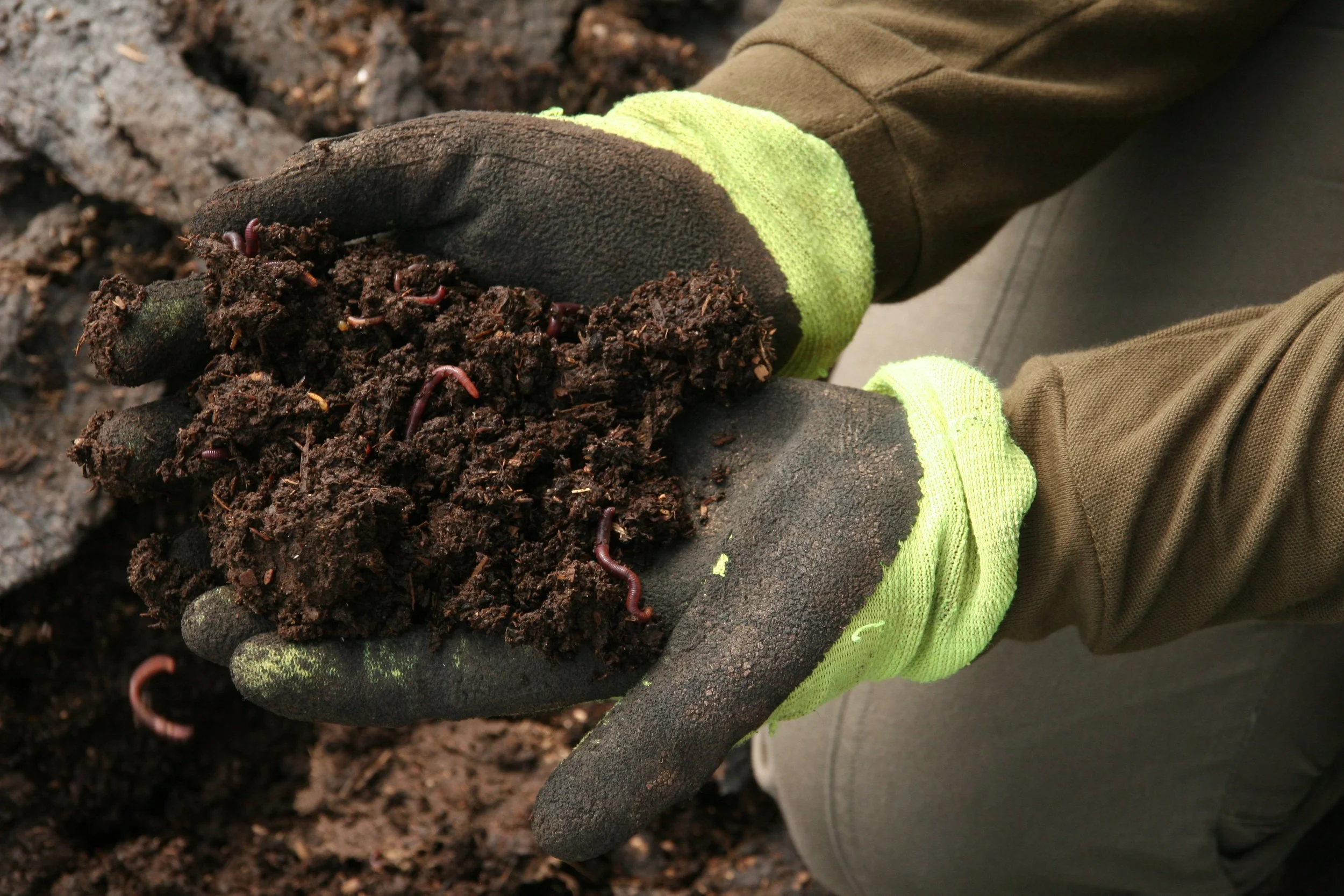SUNRISE
SUpporting the agroecological traNsition thRough livIng labS nEtworks
Duration: 05/2025 - 04/2028 (tbc)
Summary
SUNRISE aims to foster the agroecological transition by establishing a network of agroecological living labs (AELLs) across 10 European countries, building upon already existing living labs (5 actual AELLs) or situations that have great potential of becoming active AELL in three years (5 potential AELLs).
AELLs are framed at sub-regional or regional level and are based on networks of actors (multi-actor teams, MATs) already engaged in agroecological practices/value chains at an early or advanced stage. They include: (i) farmers (organic and conventional), individual or associated (e.g., in a bio-district/other farm network); (ii) agricultural advisors; (iii) upstream and downstream companies (e.g., producers of agricultural inputs like seeds, fertilisers/amendments, biopesticides, machinery; food/feed processors or retailers); (iv) civil society organisations (e.g., NGOs, consumer associations); (v) regional/national policy makers; (vi) researchers.
MATs will be consolidated in all SUNRISE countries engaged in AELL activities at a very early stage of the project. MATs are responsible for all activities of innovation co-creation, demonstration, and knowledge sharing centered on innovative agroecological practices. In all countries, there is a history of previous collaboration among MAT members (or part of them) in participatory research projects.
In all AELL areas, there are one or more research infrastructures (RIs; e.g., research centre, experimental farm, long-term experiment, laboratory) already active in agroecological research, where some of the co-created innovations (i.e., agroecological practices) are tested (on-station research). To facilitate knowledge exchange and strengthen a co-creation culture, innovation testing will also take place at one or more pilot farms (on-farm research). RIs and commercial farms where research/innovation testing is conducted will be the target sites for dissemination/demonstration activities (e.g., field days, hands-on workshops), thus serving as AELLs’ Local Lighthouses.
SUNRISE universities/research centers will mobilise an interdisciplinary expert team covering all the 6 sub-themes of Theme 1 at the consortium level (minimum 3 sub-themes per AELL).
The proposal core is to co-design, co-test, co-evaluate, co-validate and co-share novel agroecological solutions (i.e., practices) aimed to overcome key agronomic problems (highlighted by each AELL) that impede or delay the agroecological transition. Activities in AELLs are centered on priority sub-themes and related potential agroecological solutions to be tested: these have already been identified and will be validated by each MAT at an early stage of SUNRISE. They address the most important cropping/farming system in the target regions (arable, vegetable, fruit/orchard, mixed crop/livestock, agroforestry).
Project activities in each AELL encompass 11 stages (common across countries), all conducted within MATs, with continuous engagement of all actors in innovation co-creation and knowledge-sharing, including co-drafting of guidelines on AELL establishment and functioning, and suggestions for the improvement of policies aimed to foster the agroecological transition in the target regions and elsewhere. Successful activities will allow synthesising and upscaling of SUNRISE approaches and outcomes from a local level (Local Lighthouses) to a European one (European Lighthouses), laying the basis for a permanent AELL network.
Source: Paolo Barberi
Source: Paolo Barberi
Coordinator
Paolo Barberi
Sant’Anna School of Advanced Studies - Institute of Plant Sciences (SSSA), ITALY
Source: Paolo Barberi
Partners
Liina Talgre - Estonian University of Life Sciences (EULS), ESTONIA
Jens Dauber - Johann Heinrich von Thünen Institute (TI), GERMANY
Doreen Gabriel - Julius Kühn Institute (JKI), GERMANY
Friederike Dima Danneil - Agricultural University of Iceland (AUI), ICELAND
Daniele Antichi - University of Pisa (UNIPI), ITALY
Pablo Tittonell - University of Groningen (UG), NETHERLANDS
Maria Toader - University of Agronomic Sciences and Veterinary Medicine of Bucharest (USAMV) – Faculty
of Agriculture, ROMANIA
Xavier Sans Serra - University of Barcelona (UB), SPAIN
Marcos Lana - Swedish University of Agricultural Sciences (SLU), SWEDEN
Franz Bender - Agroscope, SWITZERLAND
Peter Bezak - Institute of Landscape Ecology of Slovak Academy of Sciences (ILE SAS), SLOVAKIA
Thomas Parisis - STRATAGEM Energy Ltd, CYPRUS
Socials
Website
BlueSky
YouTube





